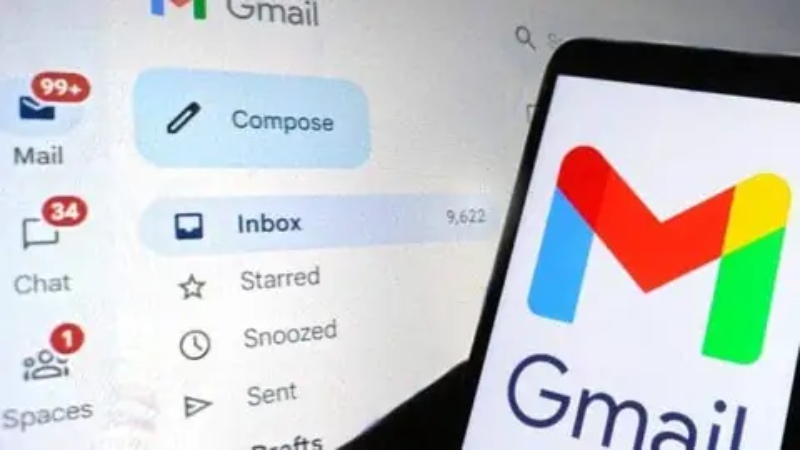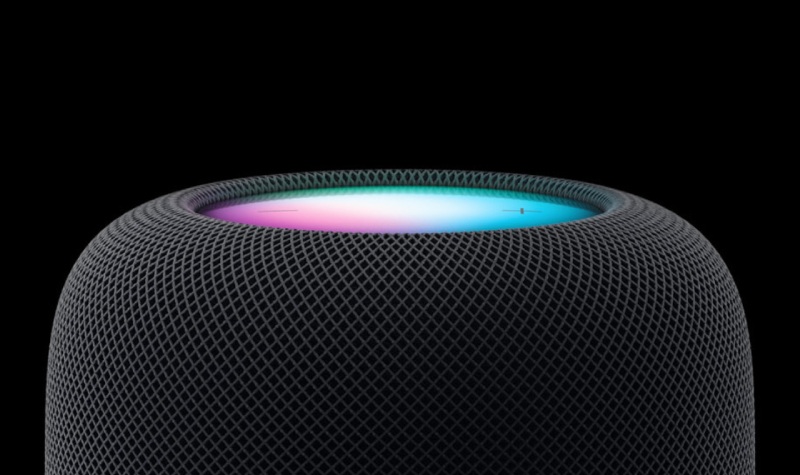Today, the developer of ChatGPT and DALL-E 2, OpenAI, made several significant announcements. Developer APIs for ChatGPT and the Whisper speech-transcription model will be released first. It also added a 30-day data retention policy to its terms of service and allowed developers to opt out of using their data for improvements.
Developers will be able to incorporate unchanged or flavored versions of the popular chatbot into their apps thanks to the new ChatGPT API’s use of the same AI model (gpt-3.5-turbo). Snap’s My AI is an early model, alongside another virtual tutor feature for the online study tool Quizlet and an upcoming Ask Instacart tool in the popular local-shopping app. The API, on the other hand, will not be restricted to brand-specific ChatGPT-imitating bots; It can also power software experiences that “non-chat” and could benefit from AI brains.
The ChatGPT API costs $0.002 per 1,000 tokens, or approximately 750 words. It is also providing a dedicated-capacity option for deep-pocketed developers who anticipate using more tokens than the standard API permits. The consumer-facing ChatGPT Plus service, which launched in February and costs $20 per month, joins the new developer options.
In the mean time, OpenAI’s Whisper API is a hosted version of the open-source Whisper speech-to-text model it launched in September. “We released a model, but that actually was not enough to cause the whole developer ecosystem to build around it,” OpenAI president and co-founder Greg Brockman told on Tuesday. “The Whisper API is the same large model that you can get open source, but we’ve optimized to the extreme. It’s much, much faster and extremely convenient.” Developers will pay $0.006 per minute for the transcription API, which enables “robust” transcription in multiple languages and English translation.
Finally, OpenAI announced modifications to its developer terms in response to customer concerns about privacy and security. The company will no longer use data submitted through the API for “service improvements” to train its AI models unless a developer opts in. It is also introducing a 30-day data retention policy and tighter retention options “depending on user needs,” most likely referring to high-usage businesses with matching budgets. Finally, it clarifies that users own the input and output of the models by simplifying its terms regarding data ownership.
A mostly automated system will also take the place of the company’s developer pre-launch review process. OpenAI claimed that its monitoring had “significantly improved” in order to justify the change, stating that “the overwhelming majority of apps were approved during the vetting process.” The question of “how do we become extremely friendly to developers” has been one of our primary areas of focus. Brockman stated, “Our mission is to really build a platform that others are able to build businesses on top of.”
Topics #ChatGPT #OpenAI










